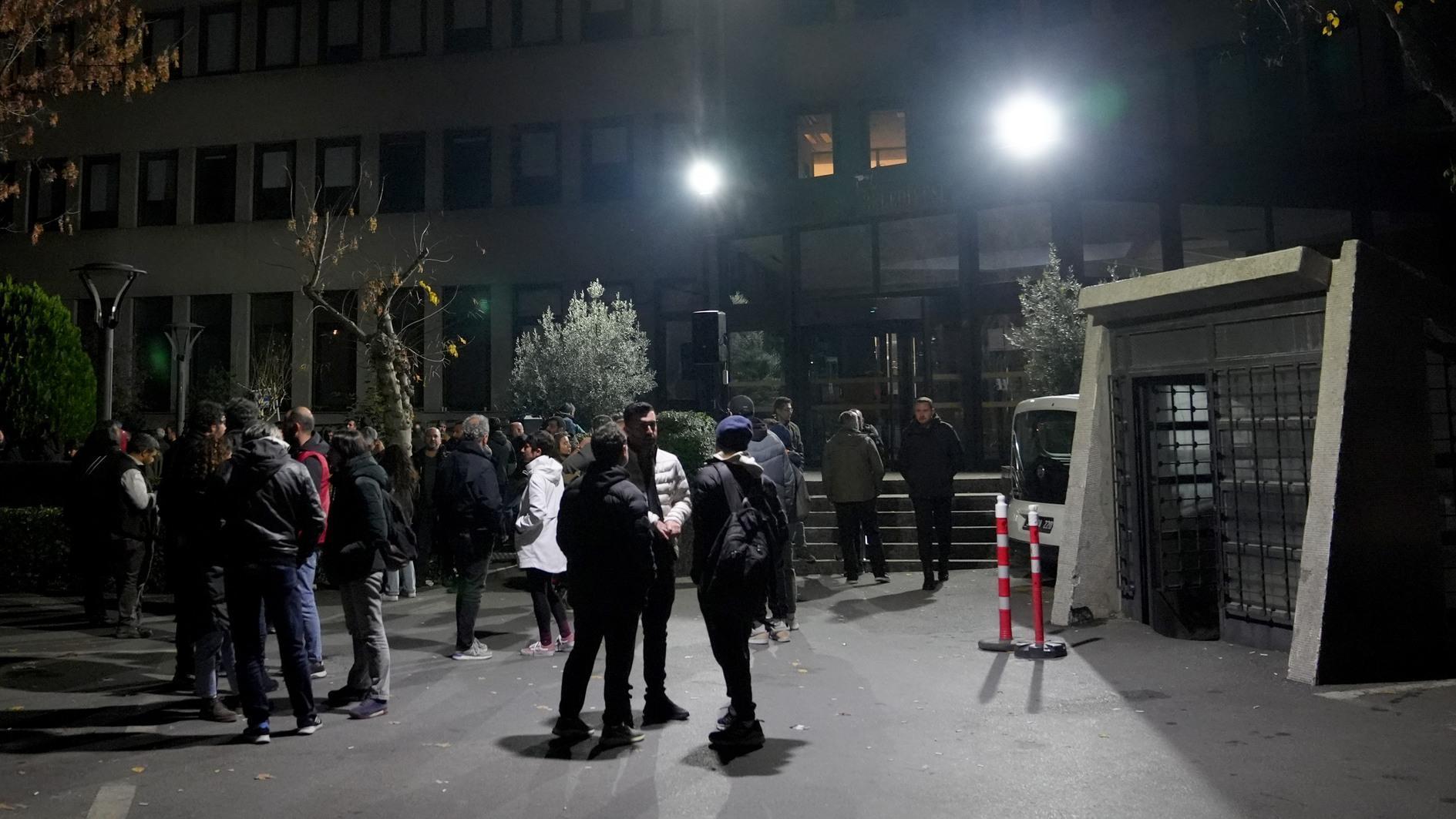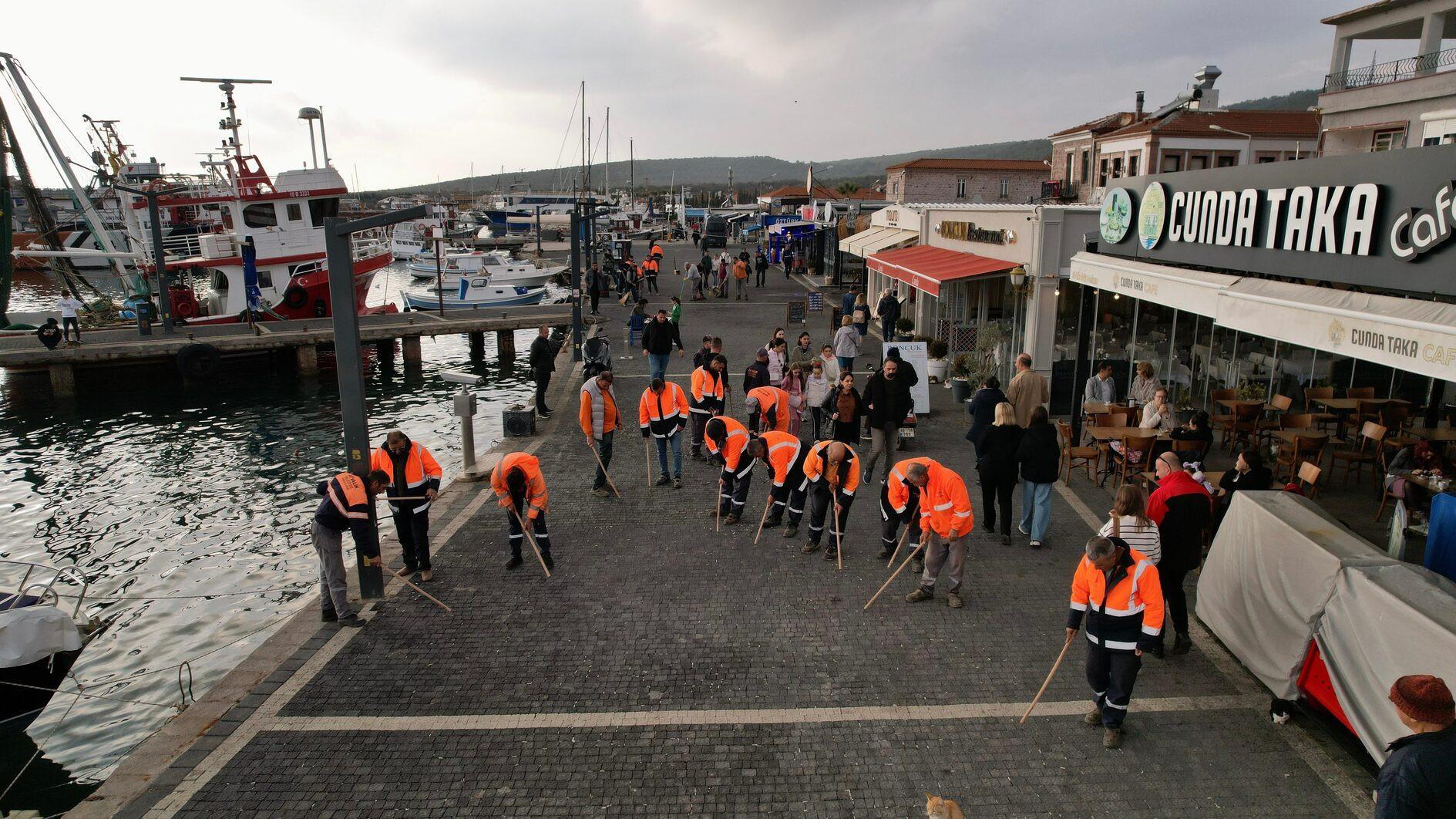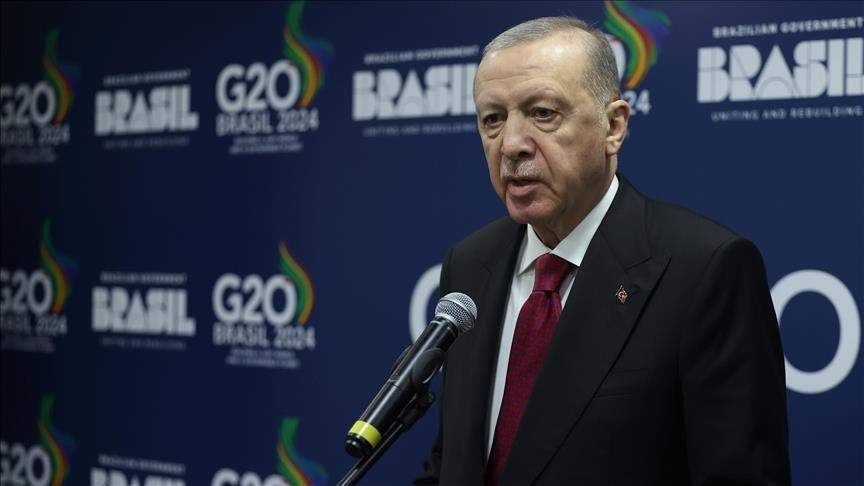Turkey’s industrial production drops in January, fueling concerns about growth rates
ANKARA
 Turkey’s industrial production declined a calendar-adjusted 2.2 percent year-on-year in January, reversing a 2.5 percent increase in the previous month, the Turkish Statistics Institute (TÜİK) showed on March 9.
Turkey’s industrial production declined a calendar-adjusted 2.2 percent year-on-year in January, reversing a 2.5 percent increase in the previous month, the Turkish Statistics Institute (TÜİK) showed on March 9.Seasonally and calendar adjusted industrial production decreased by 1.4 percent compared with the previous month, according to TÜİK data.
Leading economists had anticipated an increase in January. The mining and quarrying index led the declines with an 11.5 percent decrease, while the manufacturing index dropped by 2.4 percent over the same period.
But the electricity, gas, steam and air conditioning supply output increased by 2.9 percent in January, in contrast to the prevailing trend.
“January industrial output did not give healthy signs for GDP growth. In February, the capacity utilization rate also dropped to 72.8 percent. We foresee a continuation of weak industrial production in the next reading in February,” ALB Securities analyst Enver Erkan told Anadolu Agency.
“We preserved our 1.5 percent GDP growth forecast for the first quarter of 2015 and 2 percent for whole year, because the weak outlook in the eurozone, the economic crisis in Russia and the crisis in the Middle East have affected the Turkish economy adversely. Also weak domestic demand is negative for both industrial production and growth,” Erkan said.
The government expects the economy to grow some 4 percent in 2015 and inflation will fall “comfortably” to a Central Bank forecast of 6.1 percent, Finance Minister Mehmet Şimşek said Jan. 15, pledging continued fiscal discipline ahead of a June election.
Şimşek said the economy was expected to have grown about 3 percent in 2014. He also forecast that the current account deficit would fall to 3-4 percent of output if oil prices stay at their current levels.
The GDP growth has slowed since the second quarter of 2014, slipping to 1.7 percent in third quarter of last year, and inflation is still well above 7 percent, significantly higher than the medium term economic program targets.
“The growth slowed down in 2014. And the basic indicators have now shown the trend will continue in 2015 as well. The 2014 growth rates will be announced at the end of the month and we forecast the rate will be lower than the 3 percent,” Şeker Investment Chief Economist Gülay Elif Girgin told Reuters yesterday.
















